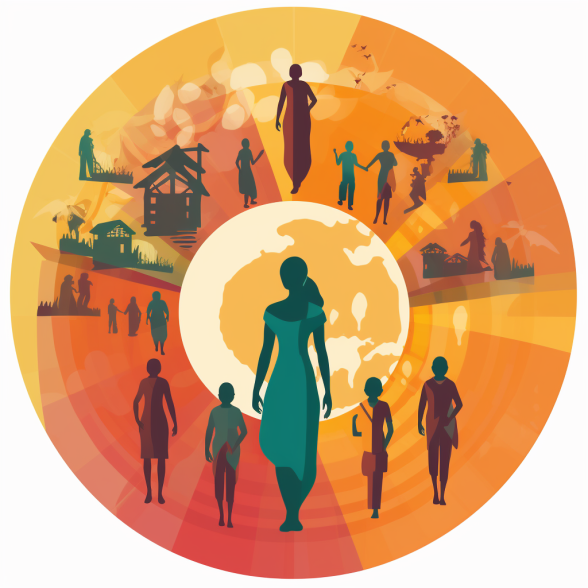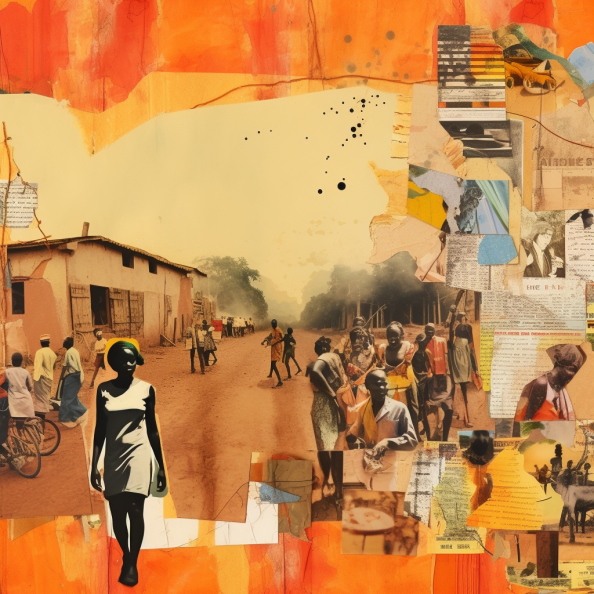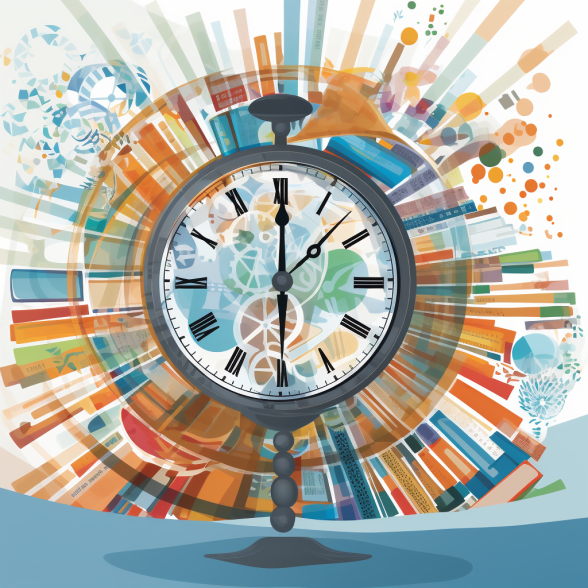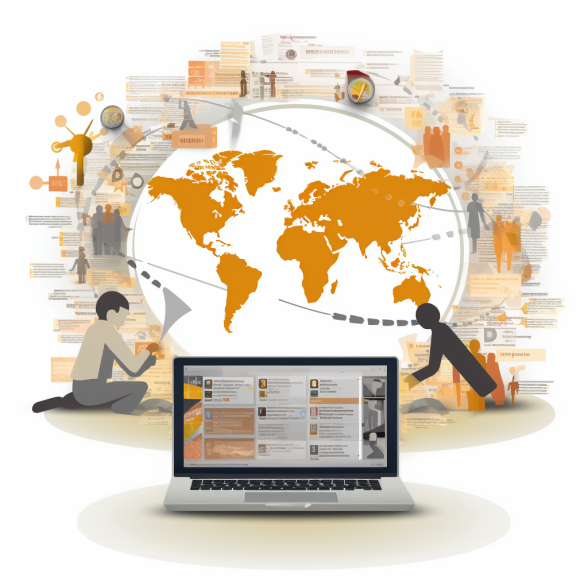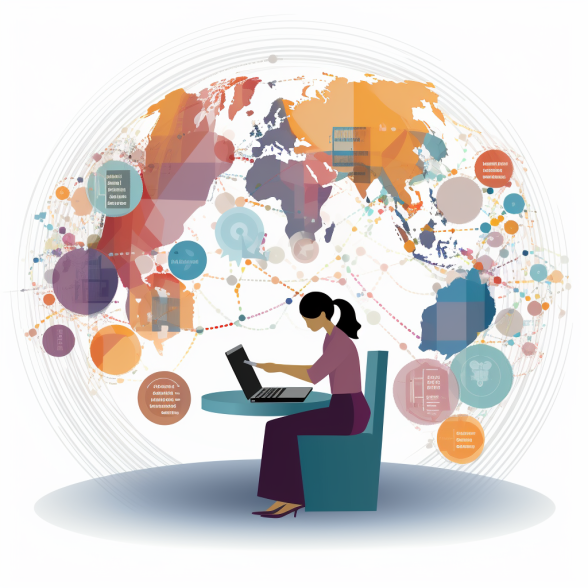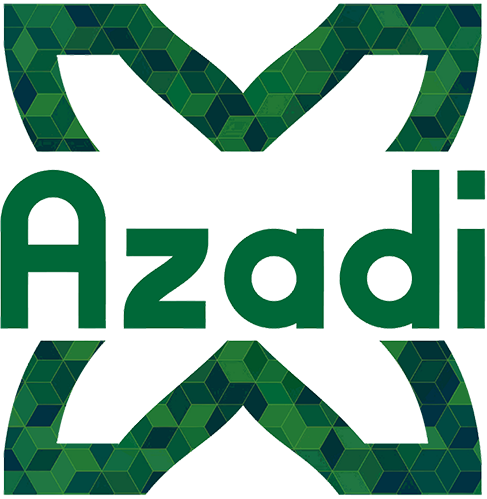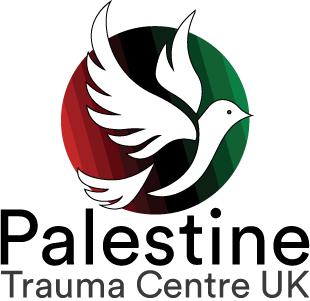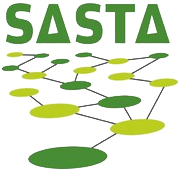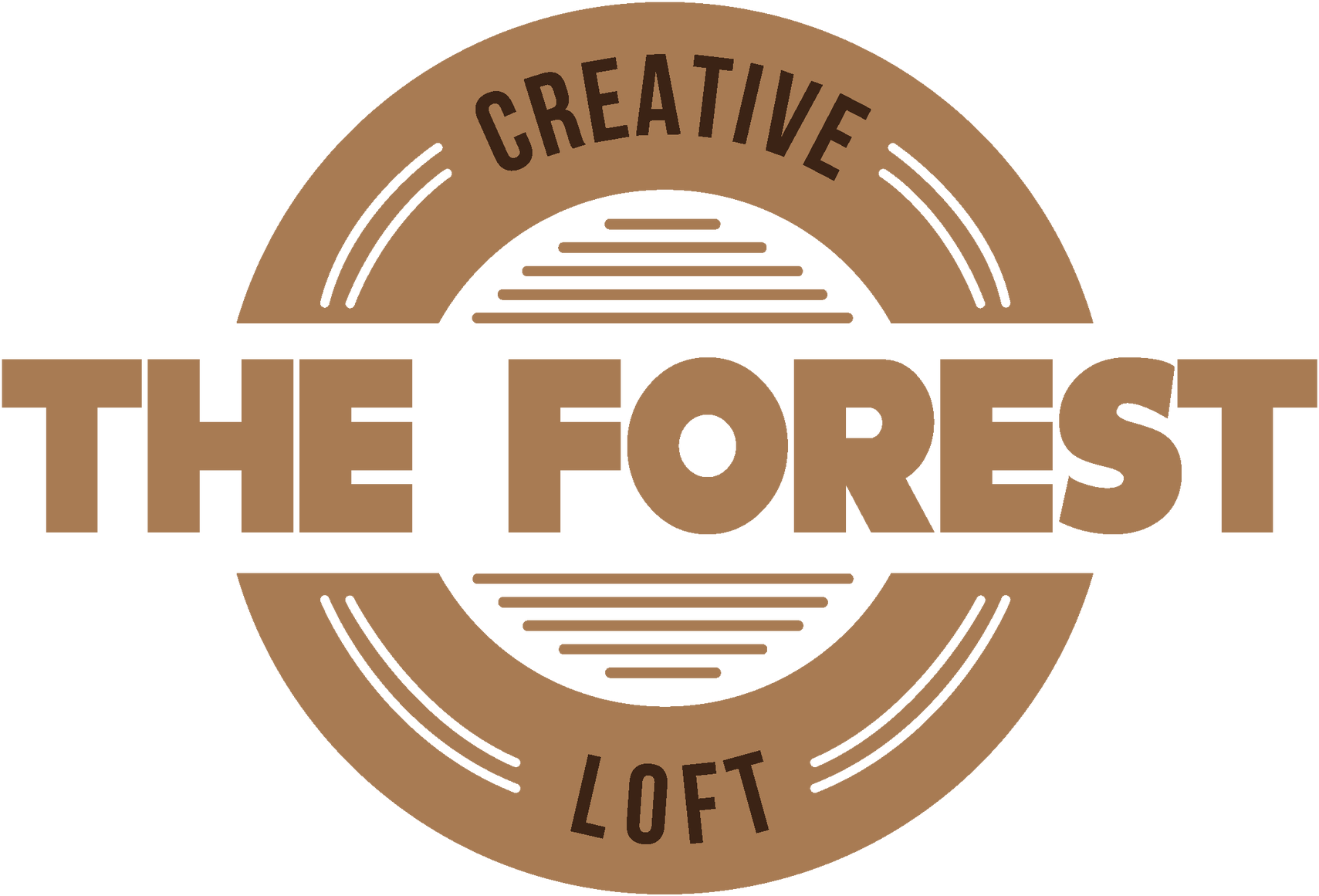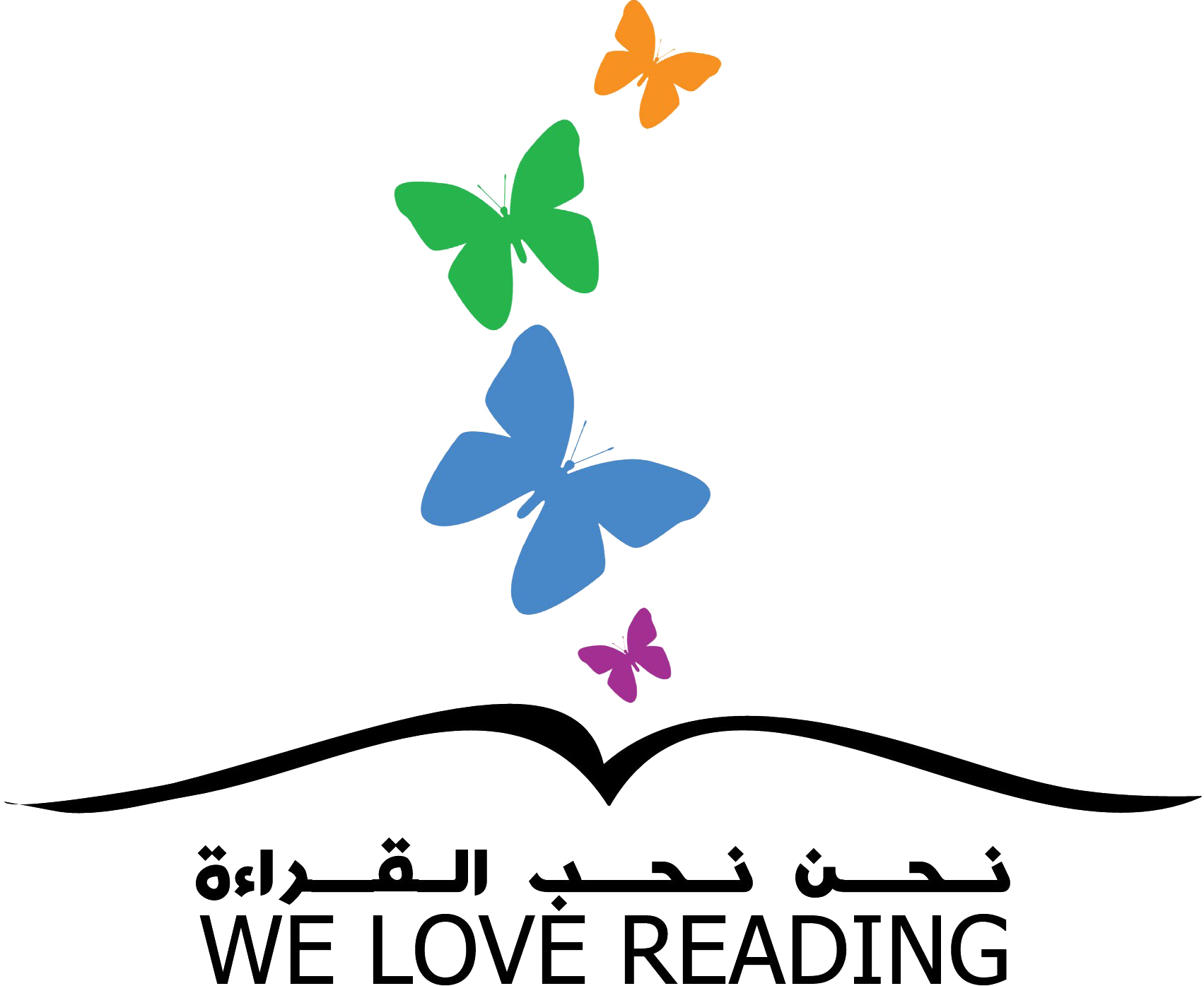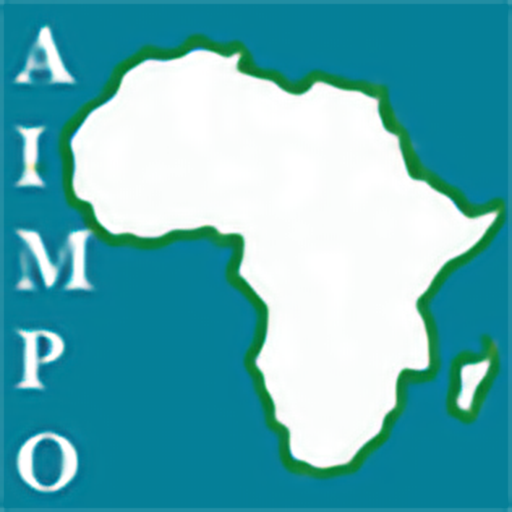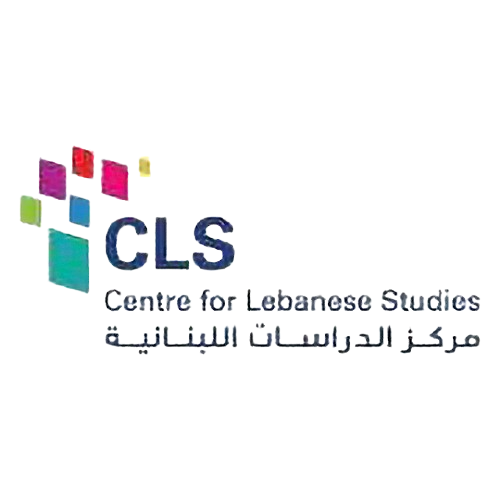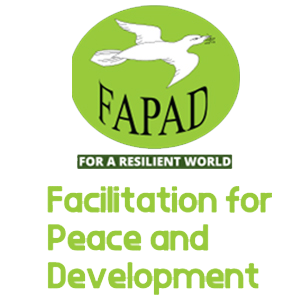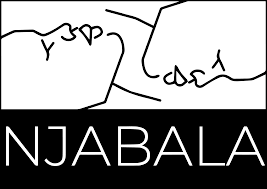Each proposal should:
Identify the specific problem being addressed (policy, mental health, education, etc)
Develop a key question or questions that will be answered through the project
Situate the work within a its context (make clear why it is important, what other work has or has not been done, why your approach is important)
Explain how your project can generate solutions to the problem of ‘crisis’ time and intervention approaches
Projects can involve multiple methods. These might include interviews, focus groups, creating art works together, questionnaires, participant observation, close reading, or textual analysis.



